
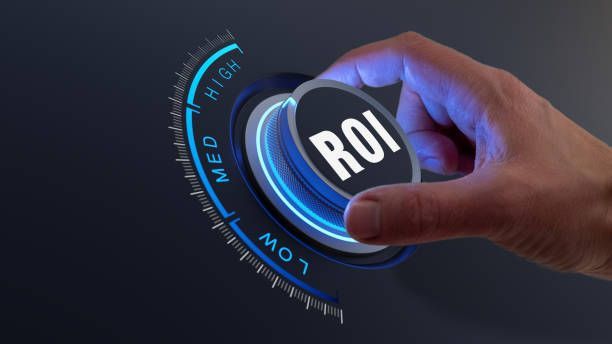


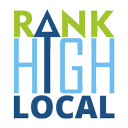
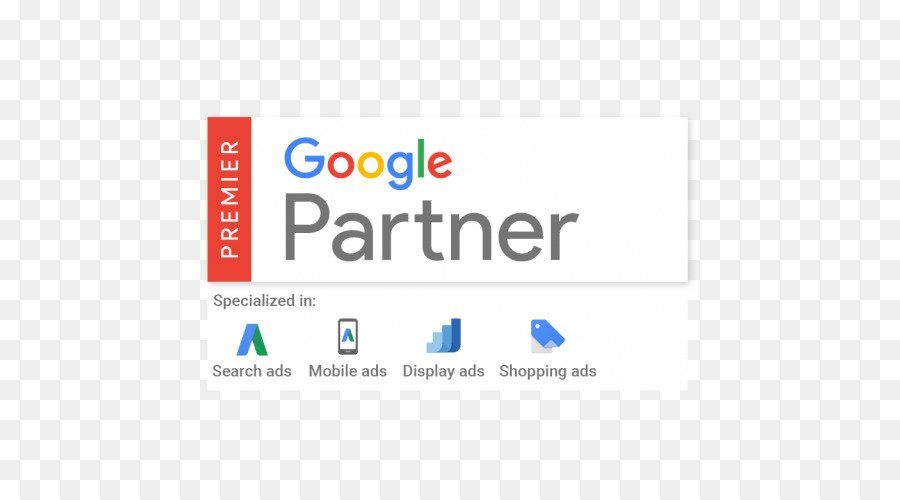
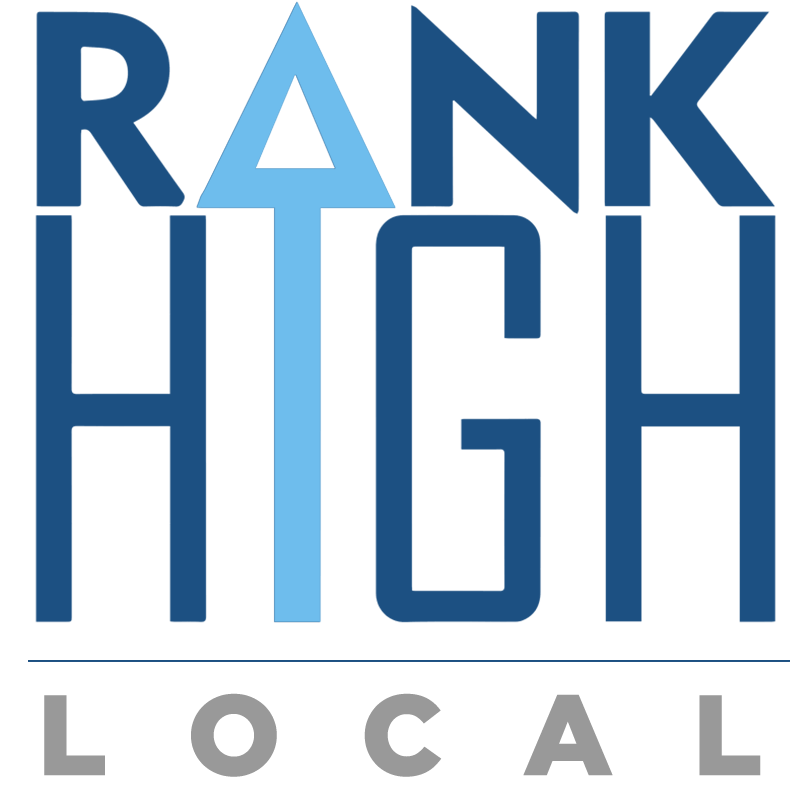
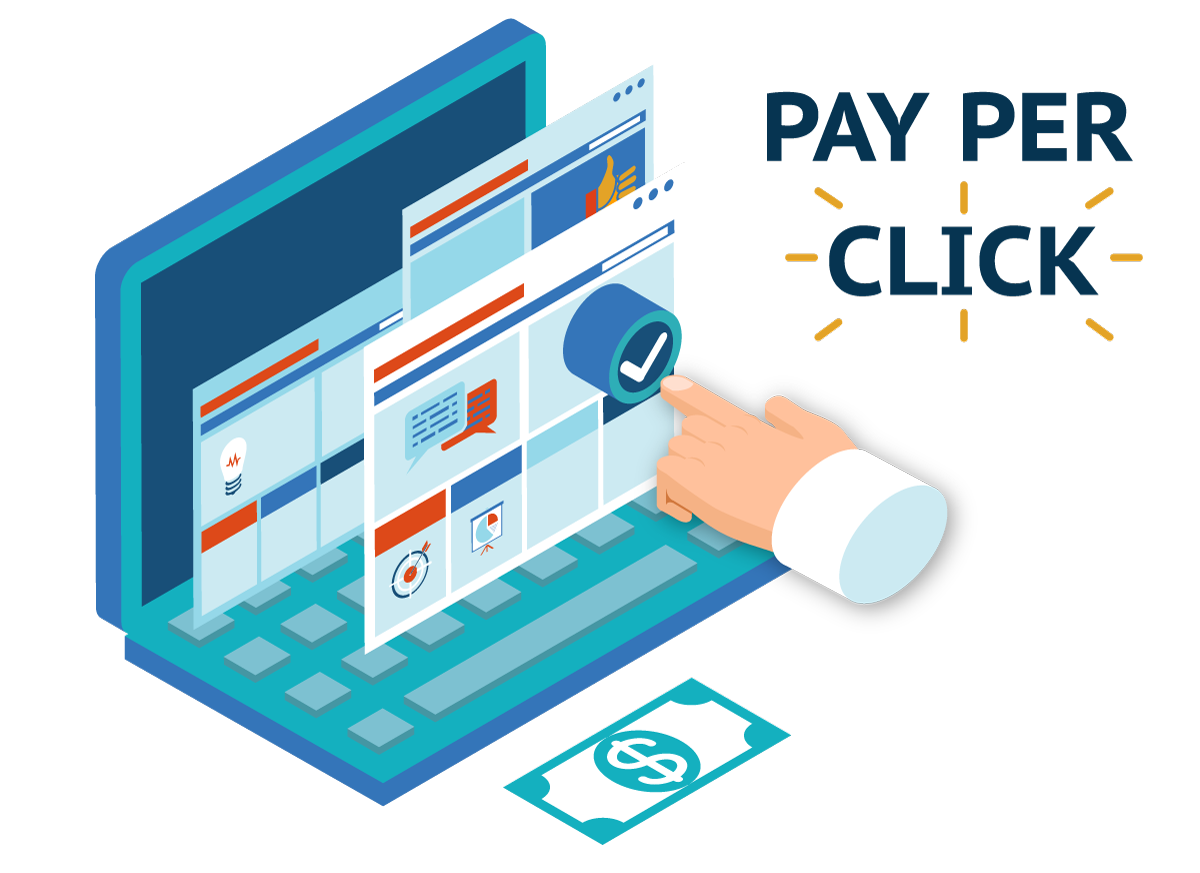
As digital platforms continue to evolve, the importance of PPC advertising has become increasingly pronounced, shaping the way businesses connect with potential customers and drive meaningful results. In this article, we delve into the fundamental reasons why PPC advertising is not just a marketing option but a strategic imperative for businesses aiming to thrive in the digital age.
1. Instant Visibility and Results: Speeding Past the Competition
One of the defining characteristics of PPC advertising is its ability to deliver instant visibility. Unlike organic methods such as Search Engine Optimization (SEO), which may take time to build momentum, PPC puts your business at the forefront of search engine results pages (SERPs) from the moment your campaign is launched.
In a world where speed matters, PPC provides businesses with a direct route to their target audience. This immediacy is especially crucial for promotions, product launches, or time-sensitive campaigns where swift visibility can translate into a competitive edge.
2. Targeted Reach: Pinpointing Your Audience with Precision
PPC advertising allows businesses to tailor their campaigns with unparalleled precision, reaching specific demographics, locations, and even devices. Through granular targeting options, businesses can ensure that their ads are displayed to users who are most likely to be interested in their products or services.
Whether it's refining your audience based on demographics, interests, or online behavior, PPC enables businesses to connect with the right people at the right time. This targeted approach not only maximizes the efficiency of advertising budgets but also enhances the relevance of ad content to the audience.
3. Cost Control and Measurable ROI: Maximizing Marketing Budgets
One of the significant advantages of PPC advertising lies in its cost control mechanisms. With PPC, businesses have the flexibility to set daily or campaign-specific budgets, ensuring that they maintain control over their advertising expenses. This level of control is especially valuable for businesses with varying marketing budgets or those looking to test the waters before scaling up their efforts.
Furthermore, the ability to measure Return on Investment (ROI) is a cornerstone of PPC advertising. Through comprehensive analytics and tracking tools, businesses can precisely measure the success of their campaigns, tracking everything from clicks and impressions to conversions and revenue. This data-driven approach empowers businesses to make informed decisions, optimizing campaigns for maximum impact.
4. Flexibility and Adaptability: Navigating Market Dynamics
In a fast-paced digital landscape, adaptability is key to success. PPC advertising offers businesses the flexibility to adapt and refine their campaigns in real-time. Whether it's adjusting ad copy, tweaking targeting parameters, or pausing ineffective keywords, PPC provides the agility needed to respond to changing market dynamics and consumer behaviors.
Seasonal promotions, industry trends, and shifts in customer preferences can be swiftly addressed through PPC. This nimbleness not only keeps businesses ahead of the curve but also ensures that marketing strategies remain aligned with overarching business goals.
5. Enhanced Brand Exposure: Dominating SERPs with Authority
PPC advertising allows businesses to dominate search engine results, securing prime real estate at the top of SERPs. This level of visibility not only increases the chances of capturing user attention but also reinforces brand authority and trust. Studies show that users often perceive businesses with a strong online presence as more credible and reliable.
By consistently appearing at the top of relevant search results, businesses can establish themselves as industry leaders and instill confidence in potential customers. The combination of organic and paid visibility enhances a brand's overall presence and fosters a sense of familiarity among the target audience.
6. Geo-Targeting and Local Business Growth: Winning Locally
For businesses with a local focus, PPC advertising provides a potent tool for geo-targeting. Localized campaigns can be designed to target users within specific geographic areas, ensuring that businesses reach the local audience most likely to convert into customers.
This is particularly beneficial for brick-and-mortar establishments, service providers, or businesses catering to specific regions. Localized PPC campaigns help businesses capitalize on the immediacy of user intent, capturing the attention of individuals actively seeking products or services within their vicinity.
7. A/B Testing for Continuous Improvement: Refining Strategies Effectively
PPC advertising allows businesses to engage in A/B testing, a practice crucial for refining and optimizing marketing strategies. By testing different ad copies, headlines, images, and calls-to-action, businesses can gather insights into what resonates most with their audience.
A/B testing is not a one-time endeavor but an ongoing process of refinement. It enables businesses to systematically enhance their campaigns, improve click-through rates, and ultimately boost conversions. This iterative approach aligns PPC advertising with the principles of continuous improvement, ensuring that strategies evolve based on empirical data.
8. Complementing Organic Efforts: A Holistic Marketing Approach
PPC advertising should not be viewed in isolation but as a complementary element of a holistic marketing strategy. When integrated with organic efforts such as SEO, content marketing, and social media, PPC becomes a force multiplier, amplifying the overall impact of a business's online presence.
While organic methods lay the foundation for sustained visibility, PPC can be strategically deployed to address specific goals, fill gaps in coverage, or capitalize on immediate opportunities. The synergy between organic and paid strategies creates a comprehensive marketing ecosystem that maximizes reach and effectiveness.
9. Mobile Optimization: Capturing the Mobile Audience
With the surge in mobile device usage, optimizing for mobile is no longer a choice but a necessity. PPC advertising seamlessly aligns with the mobile landscape, ensuring that businesses reach users on smartphones and tablets effectively.
Mobile-specific ad formats, responsive landing pages, and location-based targeting contribute to a compelling mobile advertising experience. As mobile search continues to grow, businesses leveraging PPC on mobile platforms can connect with users in moments that matter, from on-the-go searches to local inquiries.
10. Staying Competitive in 2024: A Necessity, Not an Option
As we navigate the digital landscape in 2024, the competitive landscape demands a strategic approach to online visibility and customer acquisition. PPC advertising is not merely an option for businesses; it's a necessity for staying competitive in an environment where digital real estate is contested fiercely.
Businesses that embrace the multifaceted advantages of PPC position themselves as proactive players in the digital arena. Whether aiming for immediate results, precise targeting, or data-driven decision-making, PPC advertising empowers businesses to take control of their online destiny and thrive in the evolving landscape of digital marketing.
Conclusion: Unleashing Potential, Achieving Growth
In conclusion, the importance of Pay-Per-Click advertising in 2024 cannot be overstated. It is a dynamic and indispensable component of a comprehensive digital marketing strategy. From instant visibility and precise targeting to measurable ROI and adaptability, PPC advertising provides businesses with the tools needed to unleash their potential and achieve sustainable growth in the ever-evolving digital landscape. As businesses continue to navigate the challenges and opportunities of the digital age, PPC advertising remains a strategic imperative for those ready to seize the reins of their online success.







With over a decade of experience in the dynamic field of digital marketing, we are proud to be at the forefront of this ever-evolving industry. Our journey began more than 10 years ago, and since then, we have been committed to delivering innovative and effective digital marketing strategies to our diverse clientele. Our expertise spans across various facets of digital marketing, including SEO, social media marketing, content creation, and more. We believe in staying ahead of the curve by continuously learning and adapting to the latest trends and technologies. Our mission is to help businesses grow and succeed in the digital world, and we are passionate about turning our clients’ visions into reality. With our team of dedicated professionals, we strive to provide top-notch services that yield tangible results. We are more than just a digital marketing agency; we are your partners in navigating the digital landscape.